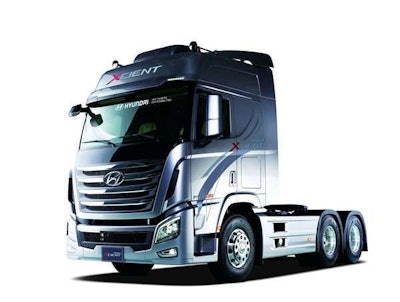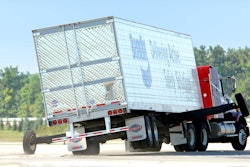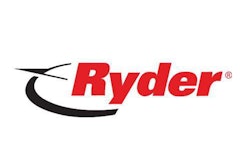Is natural gas still a natural solution for the trucking industry’s never-ending fuel economy woes? Granted, the recent run of low diesel prices might leave some to believe that a lot of fleets might have, well, overreacted a tad when they dove hard into natural gas by spec’ing new trucks and rerouting lanes past alt-fuel locations. But it appears that a recent business decision by a company that knows a little bit about the demands of the transportation industry – Ryder System – might put any such conjecture on natural gas’ future to rest.
Ryder is launching a new online natural gas vehicle maintenance training program for its entire North American maintenance network. That means that training on the new fuel technology will be available to more than 6,000 maintenance and service employees across Ryder’s 800 maintenance facilities – that’s 6,000 techs at 800 shops, in case you weren’t paying attention. The company already has 14 dedicated natural gas vehicle maintenance facilities and 260 natural gas vehicle-trained technicians. That’s a lot for a major publicly traded company to commit to a technology that allegedly has an “iffy” future.
Another company that knows a little something about truck technology is Bendix Commercial Vehicle Systems, which is building a new headquarters in Northeast Ohio, expected to be within a 20-mile radius of its current Elyria location. Bendix is a provider of active safety and braking system technologies for commercial vehicles.

The firm says that more than 500 members of its 2,800-person workforce are employed at its headquarters, overseeing research, development, engineering, testing, sales and marketing. That sounds like a lot of packing, but we’re confident that Bendix is up to the challenge.

The company said it wants to introduce “premium models in North America and Europe,” which could include bringing a heavy-duty truck to the U.S. market. Hyundai’s Xcient, released in 2013, has been billed as a “global player,” but the tractor has been released only in the Asian market.










